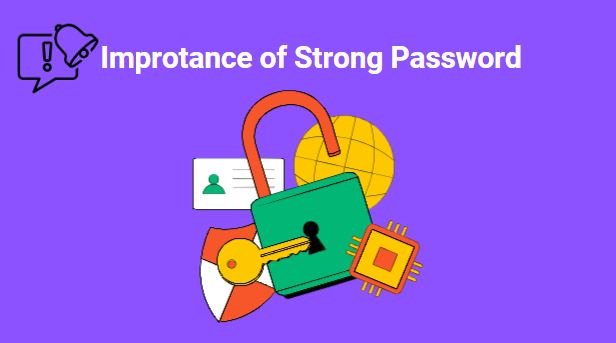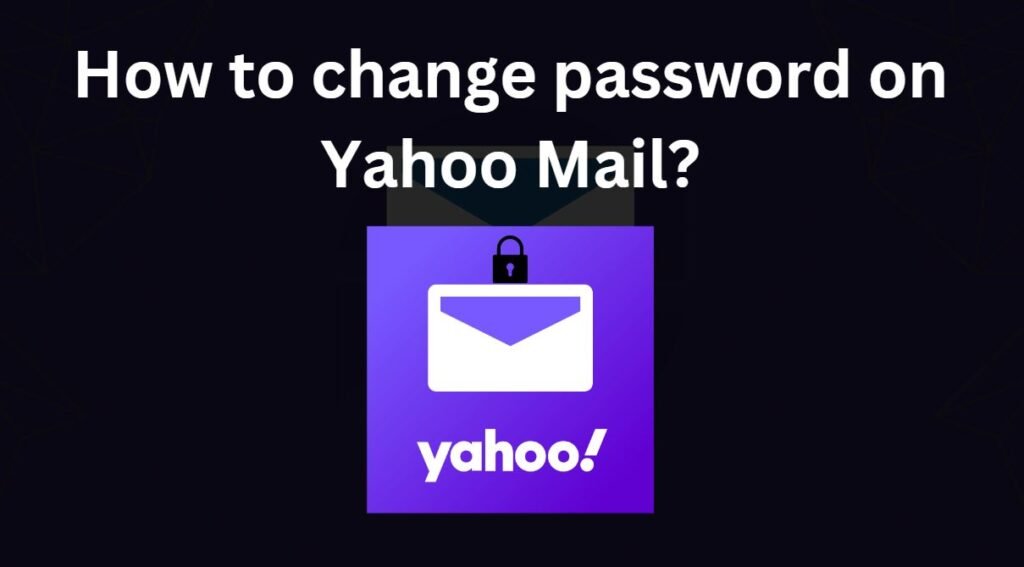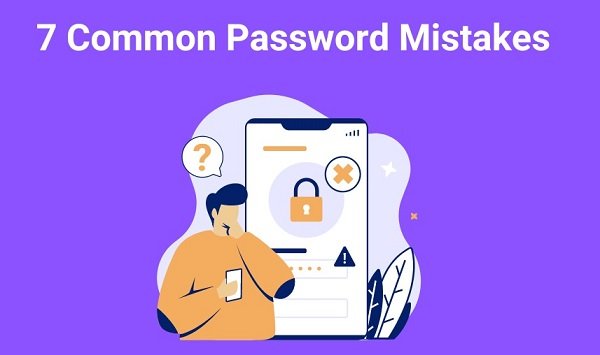| Unlock the Power of Passwords! 🔑🔒 Learn how to create strong, unique passwords to safeguard your online accounts and maintain peace of mind in the digital world. 🌐 |

Importance of Strong Password
In the Roman army, soldiers would use “watchwords” to identify themselves as members of the same unit. These watchwords, often simple phrases like “semper fidelis” (always faithful), were exchanged at gates or checkpoints to verify the identity of individuals. This early form of password authentication ensured that only authorized personnel could enter certain areas or receive certain information.
The advent of computers brought about a new era for passwords. In 1961, MIT computer scientist Fernando Corbató introduced the first digital password system for the Compatible Time-Sharing System (CTSS) operating system. This system allowed multiple users to access shared computer resources while maintaining individual privacy.
Over time, password security measures have evolved to address growing concerns about cyber threats. In the early days, passwords were often stored in plain text, making them vulnerable to theft. Later, cryptographic techniques were developed to scramble passwords, making them more difficult to crack.
What is a Password?
A password is a secret combination of letters, numbers, and symbols that is used to verify a user’s identity when they try to access a computer system, website, or other online account. When you enter your password, it is compared to the stored password for that account.
If the passwords match, you are granted access. If they do not match, you will be prompted to enter your password again or use another authentication method, such as two-factor authentication.
Types of Password
A table summarizing the types of passwords:
| Type of Password | Description |
|---|---|
| Alphanumeric Passwords | Combination of letters (uppercase and lowercase) and numbers for increased complexity. |
| Numeric Passwords | Consists solely of numbers, often used for quick access. |
| Biometric Passwords | Uses unique biological features (fingerprint, retina scan, facial recognition) for high-level security. |
| Passphrases | Longer, memorable sequences of words or sentences for increased security. |
| One-Time Passwords (OTPs) | Valid for a single use or a short period, often generated by a device or app. |
| PIN (Personal Identification Number) | Short numerical code commonly used for device or account access. |
| Pattern Passwords | Involves tracing a specific pattern on a grid of points, commonly used on touchscreen devices. |
| Smart Card Passwords | Involves a physical card with a chip or magnetic stripe for authentication. |
| Token-Based Passwords | Uses a physical or virtual token (device) that generates dynamic passwords. |
| Social Authentication | Uses information from social media profiles for authentication, relying on user-specific data. |
Choosing the appropriate type of password depends on the specific security needs and the context in which it’s being used.
What is a Strong Password?
Let’s start by dissecting what makes a password strong. It’s not just about using a combination of uppercase and lowercase letters, numbers, and symbols. A truly strong password is one that is unique, lengthy, and memorable (but not too memorable!).
Consider this: “P@$$w0rd” might seem secure, but it’s like leaving your front door unlocked and sticking a sign saying “Please, rob me!” A strong password should be a unique concoction of seemingly random words, numbers, and characters that even the most cunning cybercriminal would struggle to crack.
| Read More: Reset Password Windows 11 Guide to Create a Strong Password in 2024 7 Common Password Mistakes to Avoid |
Weak Passwords can be easily hacked
Picture this: you have a weak password, something like “123456” or “password.” It’s like leaving your front door wide open while you go on vacation. Cybercriminals don’t need an engraved invitation; they’ll gladly waltz in and help themselves to your personal information, financial data, and anything else they can get their hands on.
Weak passwords are akin to low-hanging fruit for hackers. They can easily be cracked using brute force attacks or by exploiting common password patterns. And if you’re reusing the same password across multiple accounts, you’re essentially handing over the keys to your entire online kingdom on a silver platter.
The Power of a Strong Password
Now, let’s talk about the superhero of our digital world: the strong password. A strong password acts as an impenetrable shield, protecting your online identity and sensitive information from the clutches of cyber villains.
When you create a strong password, you’re not just safeguarding your own data; you’re also contributing to the collective defense against cyber threats. By making it harder for hackers to gain unauthorized access, you’re helping to create a safer online environment for everyone.
how to create a strong password 2024?
Creating a strong password doesn’t have to be a daunting task. Follow these best practices to craft a password that even the most formidable hackers will struggle to crack:
- Make it lengthy: The longer your password, the more secure it becomes. Aim for a minimum of 12 characters.
- Mix it up: Combine uppercase and lowercase letters, numbers, and special characters to create a complex password.
- Avoid personal information: Don’t use easily guessable information like your name, birthdate, or favorite sports team.
- Don’t reuse passwords: Each account should have its own unique password. Consider using a password manager to keep track of them.
- Update regularly: Change your passwords periodically, ideally every three to six months.
Conclusion
Remember, a strong password is your digital shield, protecting you from the perils of the online world. By following best practices and creating unique, lengthy, and memorable passwords, you can fortify your online presence and keep cyber villains at bay. So, go forth and unleash the power of a strong password!
Why do we need a strong password?
Strong passwords are like locks on your digital doors. They keep your important information, like your online banking accounts and social media profiles, safe from unauthorized access. If your password is weak, it’s like leaving the door to your house unlocked. Anyone could walk in and take things that don’t belong to them.
What is the most important part of a strong password?
The most important part of a strong password is that it’s hard to guess. Hackers use all sorts of tricks to try to guess our passwords, like using common words or names. So, to make it harder for them, we need to use passwords that are long and have a mix of uppercase and lowercase letters, numbers, and symbols.
Why is password complexity important?
The more complex your password is, the harder it is for hackers to crack. If your password is just a few words long, hackers can use computers to try to guess all the possible combinations of those words. But if your password has lots of different characters, it makes it much harder for them to crack.
Why is it important to change your password regularly?
Even if you have a strong password, there’s always a chance that it could be compromised. Hackers often steal passwords from other websites or online services. So, it’s important to change your password every few months, just in case. This way, even if your password is stolen, the hacker won’t be able to use it for very long.


